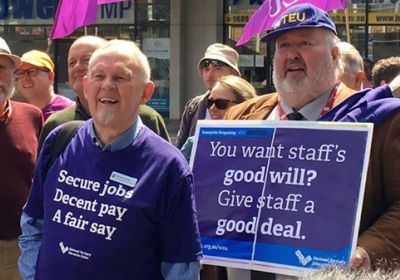-
-
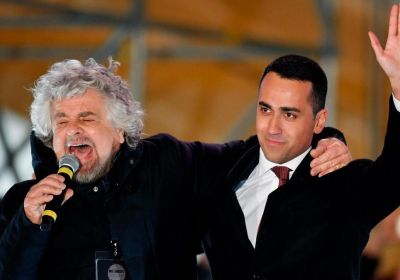
The results of Italy’s March 4 general elections paint an alarming picture. No one holds the numbers to form a new government alone and the situation is very puzzling and uncertain.
-

The relationship between Italians and fascism has always been ambivalent in the aftermath of World War II. This is mainly because Italians have never come to terms with its fascist past.
-
-
-
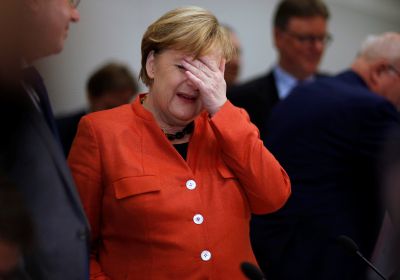
After 60 days of discussions, negotiations for a new governing coalition have failed in Germany, leaving the country without a government.
Last September’s general election – in which the far-right obtained an unprecedented and alarming result – left no party with an absolute majority, forcing incumbent Chancellor Angela Merkel to look for partners to form a new government.
-
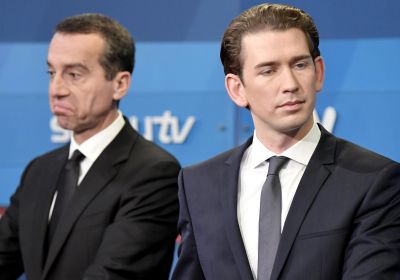
The Austrian legislative elections, held on October 15, finished with one clear winner: 31-year-old Sebastian Kurz, who leads the conservative Austrian People’s Party (OVP). His party emerged as the biggest political force in the country, winning 31.7% of the votes and 61 of the 183 seats in Austrian parliament’s lower house, the National Council.
Kurz is now set to become Austria’s new chancellor – the youngest in the country’s history – and thereby completing his meteoric rise to the top.
-
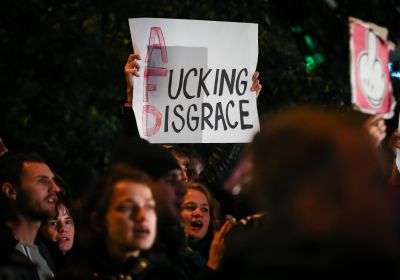
The picture that emerges from the German elections, held on September 24, is cause for concern on multiple fronts — especially in the surge to the neo-Nazi Alternative for Germany (AfD).
Alongside Chancellor Angela Merkel winning a fourth term and the clear defeat of the Social Democratic Party (SPD), the shadow of a resurgent neo-Nazism casts a serious threat not only for Germany itself, but all of Europe.
-
-

More than 800 Somali and Eritrean refugees were violently evicted on August 24 from a building they were occupying in the centre of Rome. The occupation, which began in 2013, had come to symbolised the inefficient and broken nature of refugee reception policies in Italy.
-
-
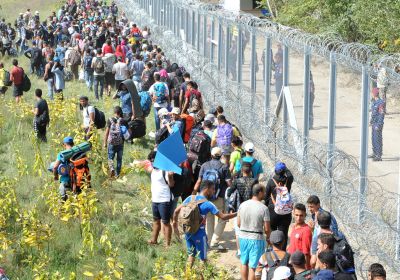
An informal summit of interior ministers from all European Union member states was held on July 7 in Tallinn, Estonia. The first issue on the agenda was migrants.
Daniele Fulvi
Daniele Fulvi


